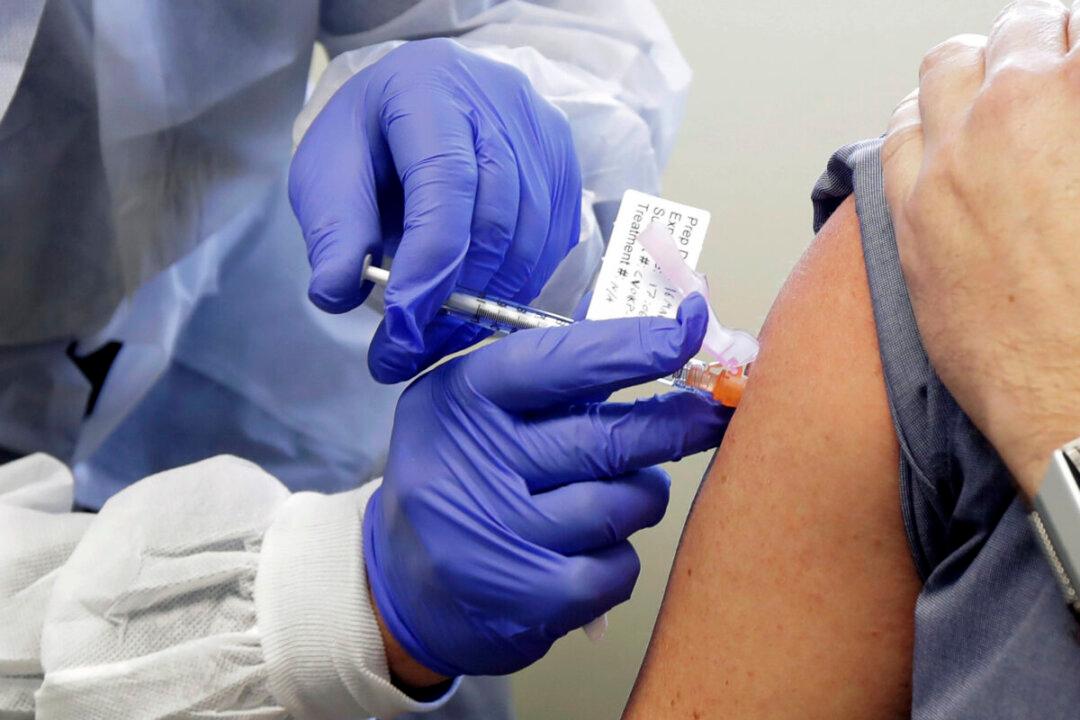The Food and Drug Administration (FDA) released an analysis of Moderna’s COVID-19 vaccine on Tuesday, concluding it is highly effective and safe.
The FDA’s analysis (pdf) was issued ahead of a Thursday meeting with a panel of independent medical advisers that will discuss whether scientific evidence supports the view that the vaccine, called mRNA-1273, is effective in preventing COVID-19 in people aged 18 and older, and if the known benefits outweigh potential risks.





